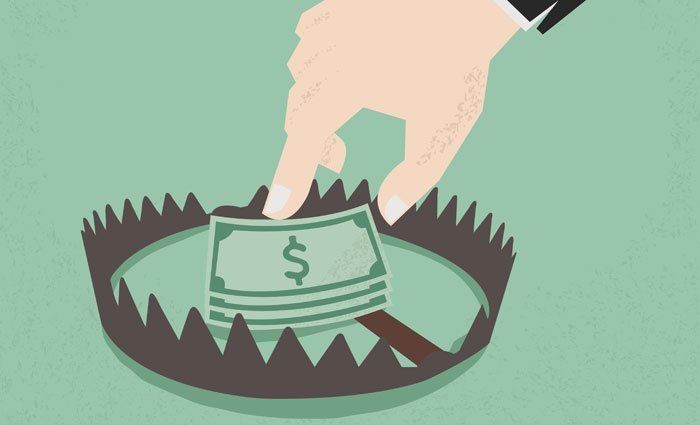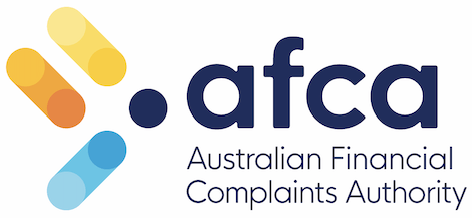How to boost your borrowing power when buying your first home
What is your "borrowing capacity"?

Your borrowing capacity is the amount a bank will lend you to buy a home. It’s based on factors like your income, how much deposit you’ve saved, other existing debts, and how much you spend on general living and entertainment.
A borrowing power calculator can help you with a ballpark figure. But if you’re heading to an auction or want to sign a contract, you’ll need to know exactly how much you can commit. Backing out of a deal can be expensive and super stressful, and no one needs the rollercoaster of having the perfect home but losing it to poor planning.
The best way to know exactly how much you can borrow is to speak with My Mortgage Professionals. Here are some things you can do to increase your borrowing power and land the home you really love.
Realise your home loan deposit is only one factor
You’ve saved so hard. Honestly, someone had better be showering you in helium balloons and biodegradable confetti. It’s an amazing achievement.
However, it’s only one part of what determines your borrowing power. In fact, a whole lot of elements work together to shape your available limit. Lenders will generally look at your monthly living expenses, the limit on your credit card (not just the accumulated debt), and your credit history, which shows how well you’ve managed debt in the past.
Take a critical look at what you’re spending
Lenders look very closely at your actual living costs, not just averages for people like you. You should prepare to show you have household costs under control.
Applying for a home loan can actually be a great opportunity to tighten up spending and cancel unused monthly payments. Consider where you could cut back to free up income. How many TV subscription does one household really need? Can you turn your weekly Thai takeaway into a special monthly deal for now? Show your lender you’re committed to spending wisely and prioritising your mortgage.
Make it easy for lenders to understand your financial position
These days, there are lots of ways to earn a crust. If you’ve got one permanent job, proving your income and expenses is pretty straightforward.
If you’re self-employed, have foreign income or earn dividends from investments, for example, things might be more complicated. Banks may consider the reliability of your employment or want to see evidence of a sustained income over several years.
Decrease – or ditch – your credit card
Even if you’ve paid off your credit card balance (more confetti!), lenders will look at the limit, not what’s outstanding. That’s because you could rack up the whole debt after the home loan contracts are signed.
If you're not ready to let your card go entirely, think about contacting your issuer to have the card limit reduced. The smaller the limit, the lower the risk to your home loan lender.
Cut back other debt before applying
Lots of Australians are carrying some personal debt like car finance or a personal loan. If you’re wondering, should I cut back debt before applying for a home loan? The answer is: yes. Paying down these balances can boost your borrowing power. Lenders like to know you can comfortably handle all your financial commitments, and if you’re starting with a clean slate, your loan application is more likely to get a thumbs up.
Anyway, it’s a good idea to keep your debts healthy and pay them down as quickly as possible even if you’re not looking to buy your first home.
Finding the perfect home is only one piece of this puzzle we call homeownership. Put yourself in the best position to borrow what you need by minimising what you owe and being realistic about how much you’re spending.
When you’re ready, check out our
Borrowing Power Calculator or talk to us for an accurate answer on how much you can borrow to fund your first home.
Call us today on 0418 119 118. We're here to help.
This page provides general information only and has been prepared without taking into account your objectives, financial situation or needs. We recommend that you consider whether it is appropriate for your circumstances and your full financial situation will need to be reviewed prior to acceptance of any offer or product. It does not constitute legal, tax or financial advice and you should always seek professional advice in relation to your individual circumstances. Subject to lenders terms and conditions, fees and charges and eligibility criteria apply.
enquiries@mymps.com.au
My Mortgage Professionals Pty Ltd
Credit Representative 494832 is authorised under Australian Credit Licence 389328
Your full financial situation will need to be reviewed prior to acceptance of any offer or product.
ABN 58 481 559 142








